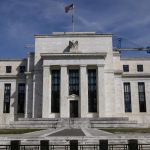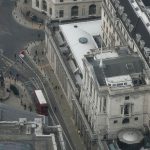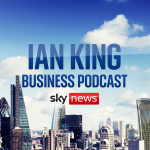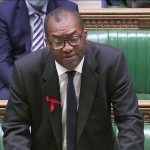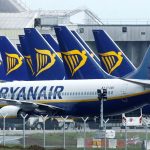Sri Lanka’s Prime Minister Ranil Wickremesinghe has said the country’s economy has “collapsed”, leaving it unable to pay for essentials such as oil imports.
It follows months of shortages of food, fuel, and electricity, and the realisation that even the credit lines from neighbouring India that have sustained the country so far will not be enough.
Mr Wickremesinghe told Sri Lanka’s parliament: “We are now facing a far more serious situation beyond the mere shortages of fuel, gas, electricity and food.
“Our economy has completely collapsed – that is the most serious issue before us today.”
Mr Wickremesinghe said that the state-owned Ceylon Petroleum Corporation is $700m (£572m) in debt, adding: “As a result, no country or organisation in the world is willing to provide fuel to us.
“They are even reluctant to provide fuel for cash.”
Sri Lanka has been struggling under the weight of its debt, combined with the impacts of the coronavirus pandemic, including a loss of tourism revenue and the rising cost of commodities.
Inflation hits fresh 40-year high of 9.1% amid cost of living crisis
Cost of living spending calculator: See which prices have gone up – and the surprising luxuries that have gone down
Cost of living latest: Sudden leap in UK house prices revealed in new figures – as Sunak responds to inflation rise and study says Brexit to drive down wages
Read more:
Sri Lanka faces bankruptcy – but what went wrong?
Mr Wickremesinghe said that efforts to turn the situation around had failed, adding: “If steps had at least been taken to slow down the collapse of the economy at the beginning, we would not be facing this difficult situation today.
“But we lost out on this opportunity.
“We are now seeing signs of a possible fall to rock bottom.”
Last month, Mr Wickremesinghe blamed the previous government for the problems, accusing them of “running down the economy”.
Previous prime minister Mahinda Rajapaksa resigned in May after months of protests and clashes between government supporters and those demanding a change in leadership.
This brought veteran Mr Wickremesinghe to the role for a sixth time, in a move that opposition politicians said was aimed at protecting President Gotabaya Rajapaksa and his family from protesters’ anger.





